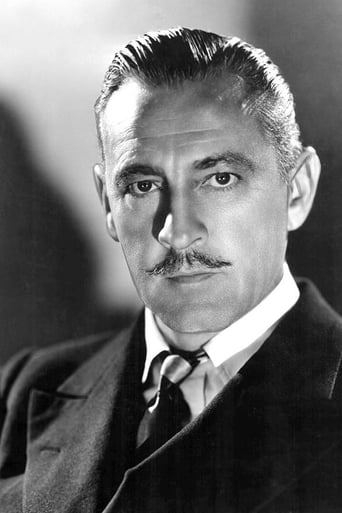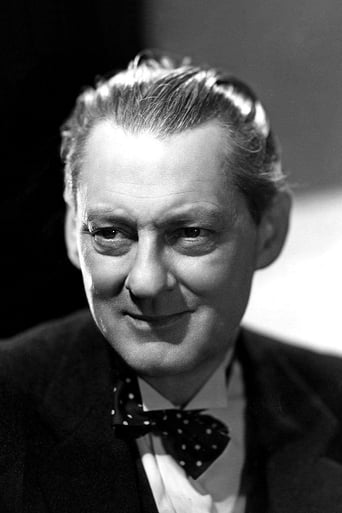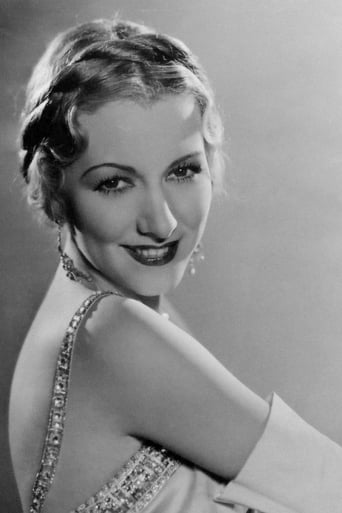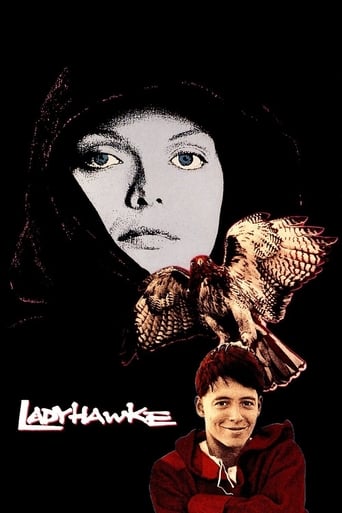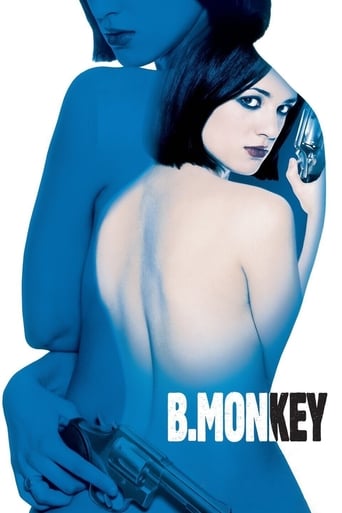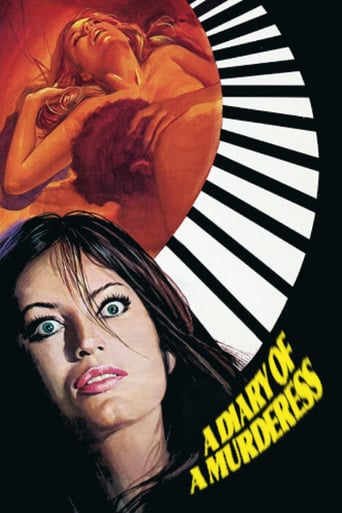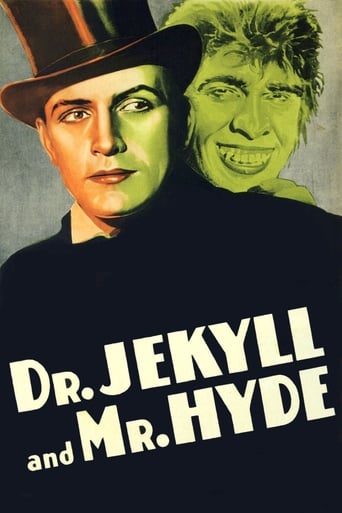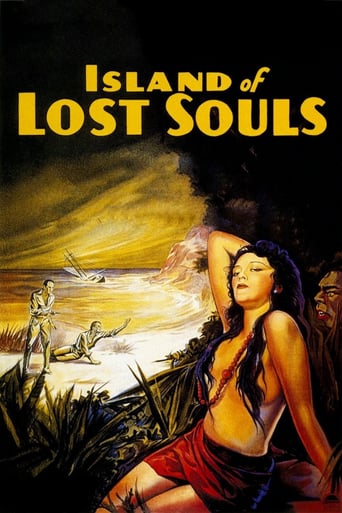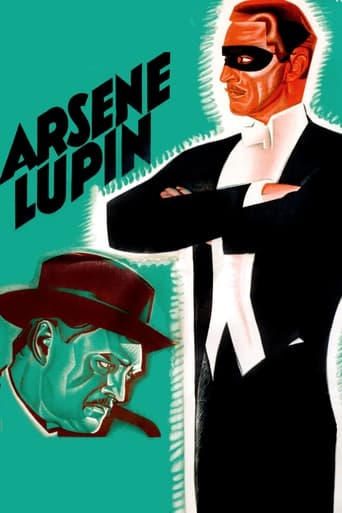
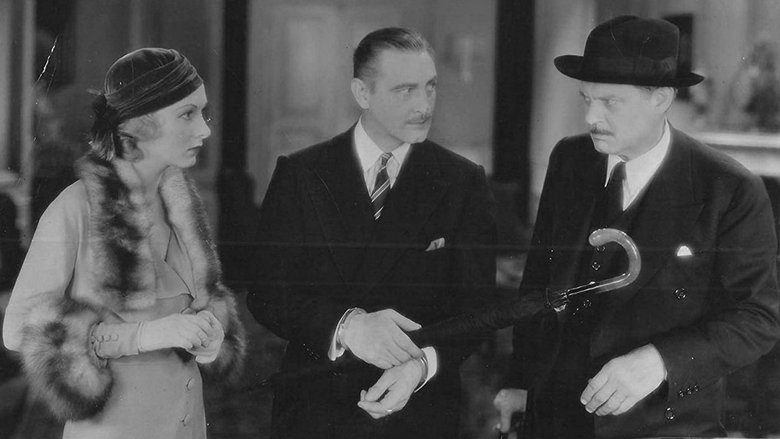
Arsène Lupin (1932)
A charming and very daring thief known as Arsene Lupin is terrorizing the wealthy of Paris, he even goes so far as to threaten the Mona Lisa. But the police, led by the great Guerchard, think they know Arsene Lupin's identity, and they have a secret weapon to catch him.
Watch Trailer
Cast
Similar titles
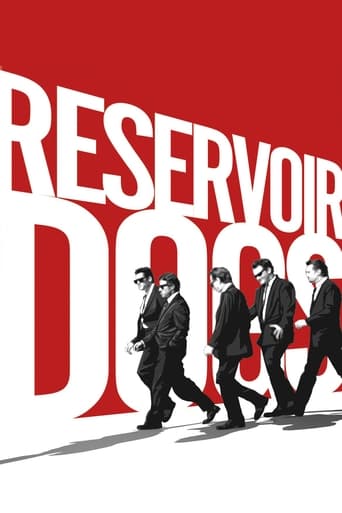
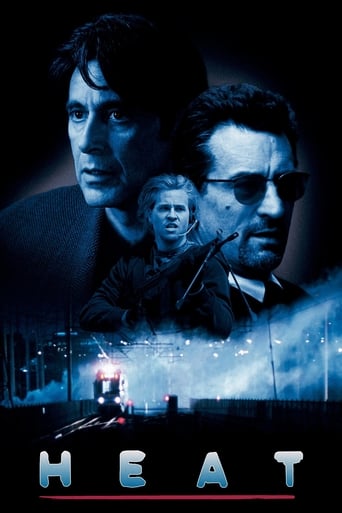
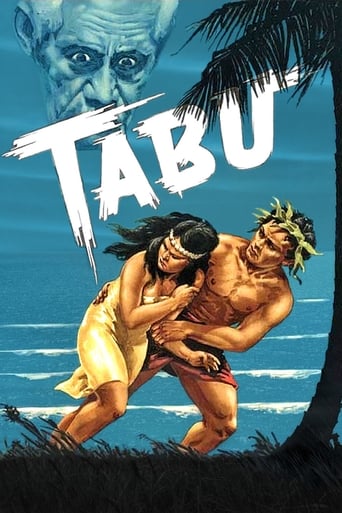
Reviews
It is a performances centric movie
Good concept, poorly executed.
A Surprisingly Unforgettable Movie!
what a terribly boring film. I'm sorry but this is absolutely not deserving of best picture and will be forgotten quickly. Entertaining and engaging cinema? No. Nothing performances with flat faces and mistaking silence for subtlety.
Arsene Lupin (1932) *** (out of 4) When John Barrymore got out of his contract with Warner, MGM wasted no time in signing him and even lesser time in putting him in a film with his brother Lionel. This was the first of five films they'd make together and their easy to spot rivalry really makes this film the charming gem that it is. An elderly detective (Lionel) is convinced that the Duke of Charmerace (John) is the infamous jewel thief known as Arsene Lupin. The detective will stop at nothing to prove his thoughts and that includes bringing in a sexy spy (Karen Morley). The story itself isn't anything ground breaking or Oscar-worthy but it is good enough to build up two nice characters and then stand back and let the actors do all the work. Fans of the brothers will certainly get a kick out of seeing the two men working together as both deliver very strong performances and they really make this film worth seeking out. What works best is the comic timing that the two men bring to the table as well as their rivalry. Each scene that the two men are in you can tell that they are trying to out act the other and this adds a charm that no two other actors could have captured. Just take a look at the sequence at the start when Lionel arrests John thinking that he's lying about being the Duke. Just watch this scene and then compare it to a later scene where John is holding Lionel captive until he can prove that he's really a cop. Morley also fits into the threesome quite well as she has an undeniable sexual tension with John and some fun comic touches with Lionel. The scene where she introduces herself to the Duke while naked in his bed is a pre-code gem. Some could argue that a stronger "story" would have helped matters and it might have but the cast doesn't even bother to speak with French accents so there's no doubt that the studio was just trying to get the two men in the same film. The ending packs a terrific punch as everything gets closed up very tightly and in a way that everyone, including the viewer, wins.
JOHN BARRYMORE actually underplays the role of ARSENE LUPIN in this early talkie that features his brother LIONEL BARRYMORE as a crusty detective seeking to solve a series of jewel robberies. John Barrymore is the elegant man suspected of being the famed jewel thief and he plays it with a surprising amount of charm and skill, rather than the overacting he often displayed in later films.KAREN MORLEY is the attractive blonde who is supposed to be helping Lionel get the goods on the thief--but, unfortunately, she's no help at all when she falls hopelessly in love with the charming scoundrel.So much about the film, where much of the action takes place on a country estate with wealthy people in attendance, reminds me of the David Niven/Olivia de Havilland film about the Scotland Yard thief RAFFLES. Barrymore plays the role with the same effortless charm that Niven adapted for his Raffles, the man who kept authorities baffled with a string of jewel robberies.TCM is showing a good print of the film and while some of the dialog leaves a lot to be desired, it's a good example of an early sound film that still holds up today. Interior sets of the country estate are expensively mounted and it's obvious this was designed as a major film, not a programmer, despite the slight story.Lionel hams it up considerably throughout, but John is more effective in his underplayed role.
A cranky police detective suspects a French duke of being the infamous thief ARSÈNE LUPIN.John & Lionel Barrymore costarred together for the first time in a motion picture in this intriguing crime drama. Alike and yet so different, they are the perfect counterpoint to each other. John plays his role with suave sophistication (when not in disguise) and Lionel is earthy & common in his portrayal, each obviously having a wonderful time trying to out act the other. Helped by a generous script, the outcome is pretty much a draw, with the viewer the clear winner.Although upstaged by the two male stars, Karen Morley is intriguing as the mystery woman John finds naked in his bed. Tully Marshall gives a colorful performance as a silly nobleman with much to lose to the master criminal. Henry Armetta & George Davis are very enjoyable as two seriously inept security guards. John Miljan provides a sturdy presence in his small role as the police prefect.Movie mavens will recognize an uncredited Mischa Auer as a guide in the Louvre during the climactic scene dealing with an attempted heist of the Mona Lisa.
Believe it or not, the Mona Lisa actually got stolen once, and was missing for nearly two years. In 1911, Leonardo da Vinci's 'La Gioconda' (better known as the Mona Lisa) was taken from the Louvre by a petty thief (and former Louvre employee) who allegedly sought to return the world's most famous piece of art to its native Italy. His actions after the theft make it seem more likely that he intended to sell the painting for his personal profit. (Of course, he had no hope of finding a buyer.) The Mona Lisa was quietly returned to the Louvre on the very last day of 1913, remaining there ever since except for occasional loan-outs. When "Arsène Lupin" was released in 1932 (twenty years after the theft), most moviegoers would have recalled that 1911 crime, and their knowledge would have lent some plausibility to this movie. "Arsène Lupin" is quite enjoyable, with MGM's usual high production standards and Jack Conway's usual briskly efficient direction. This movie does not lack for pleasure; what it lacks is plausibility.John Barrymore is the master criminal of the title: he specialises in perpetrating 'impossible' crimes, which he makes even more difficult by announcing them in advance ... but of course he always commits the crime and fools the gendarmes. Tully Marshall has a good scene as one of Barrymore's victims. Lupin has a penchant for elaborate disguises, which enables Barrymore (a U.S. 'Grade A' ham) to indulge his own penchant for tomfoolery. John's older brother Lionel Barrymore is Guerchard, the Javert-like Surete detective sworn to catch Lupin.Karen Morley was an extremely beautiful actress whose private life was filled with populist political activities; on screen, she was most impressive in working-class roles that fitted her own political beliefs (such as her fine performance in 'Our Daily Bread'). In "Arséne Lupin", Morley's naturally dark hair is bleached a horrid blonde tone, and she's all tarted up in posh outfits that make her look uncomfortable rather than sexy.SPOILERS COMING. Eventually, Lupin decides to steal the Mona Lisa from the Louvre. He slits the painting from its frame, rolls up the canvas, and then smuggles it out in a flower basket. We see John Barrymore casually brandishing a tightly-rolled piece of cloth which is allegedly the greatest work of art in all human history. I had to laugh at the filmmakers' error. In real life (but not in this movie), da Vinci painted the Mona Lisa on a plank of poplar wood, so a thief would have difficulty rolling it up!Eventually, Guerchard captures Lupin and hauls him off to Le Calaboose. The scene between John and Lionel Barrymore in the police car is sheer delight, as their genuine affection for each other spills out into their characters' dialogue. I would have found this scene implausible with any two other actors. As it is, I can't imagine anyone but the Barrymore brothers playing these roles. Well, maybe Dennis and Randy Quaid, but just barely.Don't look for a good plot line here, but "Arsène Lupin" is a delightful example of old-style movie-making. I'll rate this movie 8 points out of 10.
